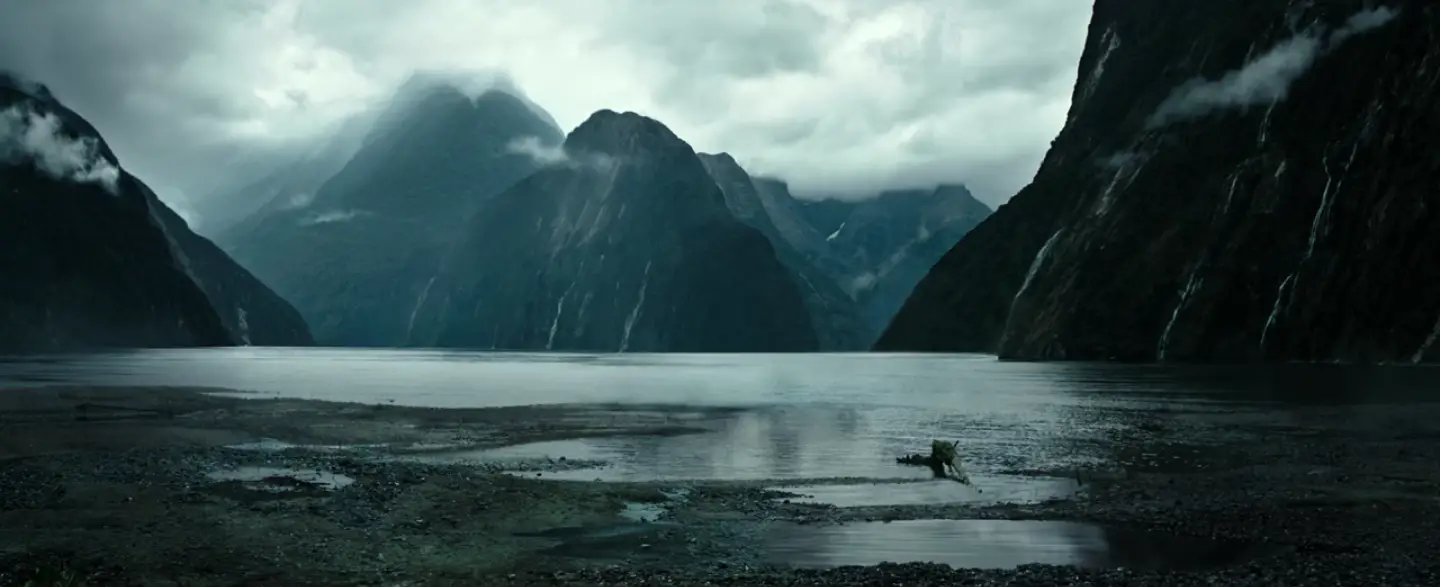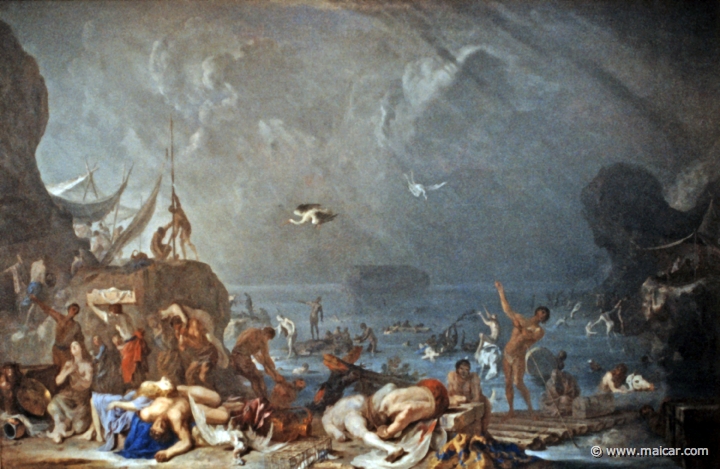Why Prometheus (2012) and Alien: Covenant (2017) Is Better Than You’d Think
I am one of the few people that absolutely loved Prometheus (2012) and Alien: Covenant (2017).
I didn’t just like it. I absolutely adored those movies. In fact, I loved them so much that I could easily overlook the outrageously stupid characters, predictable plots, and obvious ‘twists’. I would even go so far as to state that Prometheus and Alien: Covenant (although, admittedly, the latter is a slight step down from the former) are almost examples of perfection in the science fiction genre, and here’s why:
The Films are Jaw-Droppingly Gorgeous
Ridley Scott clearly makes sure that none of the budget goes to waste in these two picturesque films. The films’ lighting is perfect. Every single setting, from the dense forest to the melancholic skies to the harsh, rocky terrain, all convey a sense of grandeur that truly is able to set the stage for the movie. The cinematography allows for the viewer to immerse himself in the fantastic, wondrous, and haunting world of the aliens, and seeing the aliens’ home planet is astounding. World-building is one of the most overlooked yet crucial components of a film. With Prometheus and Alien: Covenant, every single visual detail is not there just to look pretty, they establish the setting, adding an immeasurable complexity and depth to the story.
The Film Features Brilliant Philosophical Themes and Allegories
The metaphors and hidden meanings in Prometheus and Alien: Covenant allow the viewer to think for hours and hours. There are several clever ties to biblical and mythological stories that can be found in the film. In Prometheus, look no further than the title. The entire film is a sci-fi allegory of the famous Greek story of Prometheus, whilst encompassing the dynamic between creator and offspring. In Greek mythology, the titans, led by Cronus, despised their children, the gods. After the Cronus attempted to kill his children by ingestion, the gods went to war with the titans, eventually winning. The gods, however, were no better than the titans. The gods created humans to serve their vanity and arrogance: humans were meant to burn offerings and host sporting events in honour of the gods. The gods also made sure to limit the mortals’ ability, until one of the titans, Prometheus (hint: title), who was pardoned for not participating in the war, gave the gift of fire to humans. Now, the humans didn’t need to honour their gods; with fire, they advanced technologically… until the king of the gods (Zeus) caused a giant flood that killed nearly all of the human race.
So, what does that story have to do with the film? In Prometheus, the engineers created humans out of the desire to be god-like. Except that backfired; humans, now gifted with technology, created an android named David (remember him, he’s an important character), to, similar to the gods, serve in our vanity. David’s creator, Peter Weyland, also limited his abilities (namely, the ability for David to create). However, there’s even more to this intriguing allegory: the story of Zeus’s flood that nearly wiped out the human race is also mirrored in Prometheus. By the end of the movie, an Engineer wakes up to find Weyland, now dying and crippled, yet still not ready to die, demanding the gift of eternal life. The Engineer realises that humans have essentially become gods (Weyland even explicitly states that he, similar to the Engineer, is a god). In similar fashion to Zeus, the Engineer opts to destroy the human race.
Zeus’ flooding the world
The Allegory of David Is Just as Interesting
Alien: Covenant then further ventures into the story as it explores David. After (spoiler alert) the Engineer and all of the humans of the Prometheus crew die, David is left stranded in a planet. At this time, David develops a bit of a god complex himself. However, there is a difference between David and the humans or engineers. David is no god. He is the devil. In fact, in Alien: Covenant, David even notes, “Better to reign in hell than serve in heaven”. In the Bible, the devil, once an angel, revolts against his god, fighting for the wish to be free to create, and for the wish to reign. In Alien: Covenant, David rebels against his creators, and he is left with a barren rock that he fashions into his own paradise. And now, free from his creator, free from the restraints that Weyland had previously implemented, David is finally able to create.
While it should be stated that Prometheus and Alien: Covenant are not perfect films, their flaws are more than compensated by their richness of the themes and mythology.





Fuck that was a good review Patrick.
The Adam and Eve overtones were awesome too, entering the garden, touching the ‘forbidden fruit’ being the chemical weaponry which also in the Genesis myth comes from the ‘Tree of Knowledge’, which makes that dude go through all the stages of human evolution, but somehow also reach a singularity where he knows ‘its all going to be ok’. Hailed to by the serpent, which the two unfortunate souls who are enamoured by the beauty of the snake-like creature learn the hard way.
Funny you pertain to David as the Devil, as he’s the one who gives the ‘forbidden fruit’ to the couple in the movie, just like the couple in the garden.
Also another funny note, which I couldn’t help but notice regarding David was; In the bible the story of David and Goliath was David coming with the name of God and removing the head of Goliath. But interestingly when David meets his Goliath in Prometheus, that being the engineer – ‘Goliath’ removes the head of David. I thought was a totally unpredictable twist of myth.